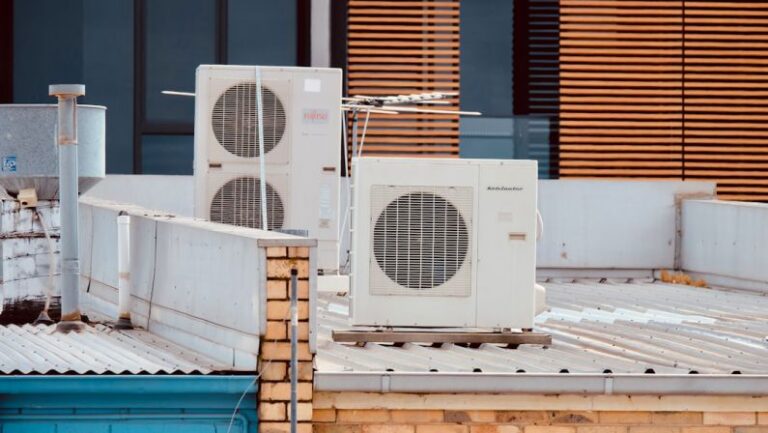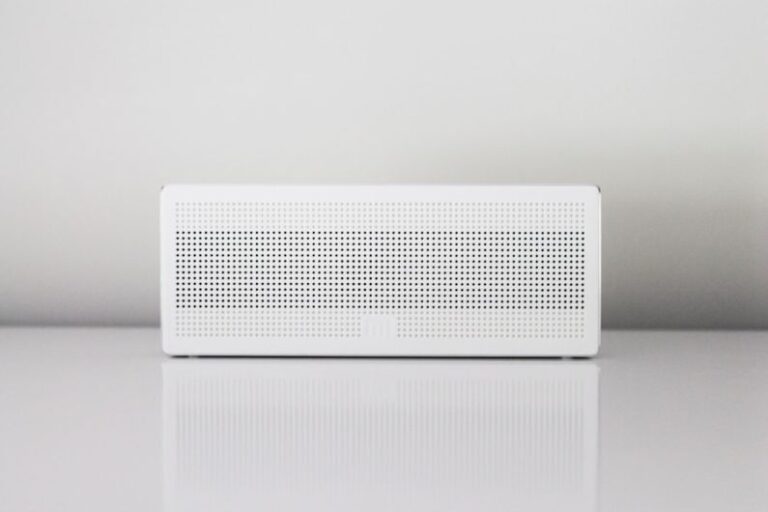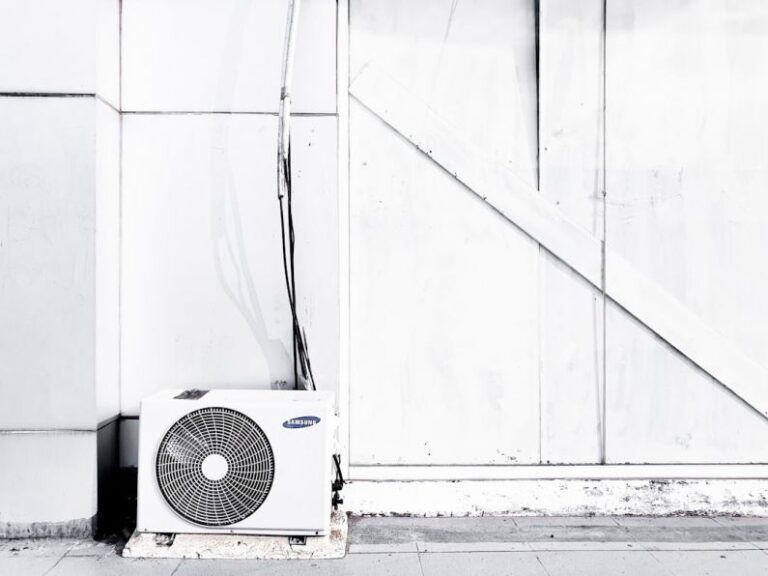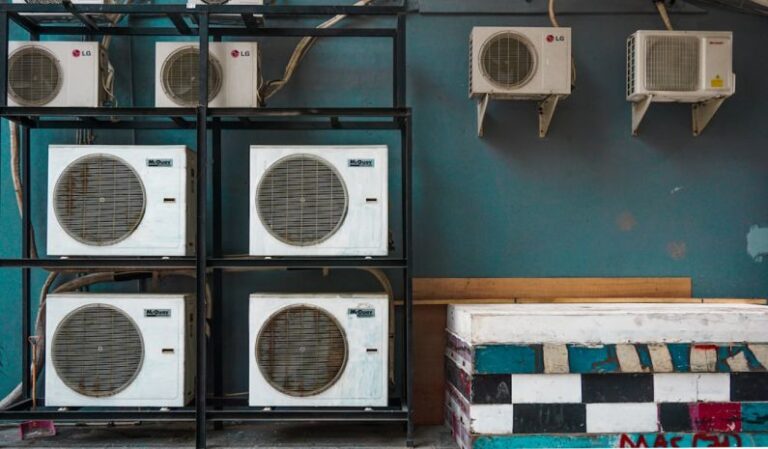
When the scorching heat of summer arrives, staying cool becomes a top priority for many individuals. Portable air conditioners have become a popular choice for those seeking relief from the sweltering temperatures. These compact units offer a convenient and flexible cooling solution for homes, offices, and other spaces. However, like any appliance, portable air conditioners come with their own set of pros and cons that should be considered before making a purchase.
**Portability**
One of the most significant advantages of portable air conditioners is their portability. Unlike traditional window units or central air systems, portable air conditioners can easily be moved from room to room as needed. This flexibility allows users to focus cooling power where it is most needed, saving energy and money in the process. Additionally, portable units are ideal for renters or homeowners who may not have the option to install a permanent cooling system.
**Easy Installation**
Another benefit of portable air conditioners is their ease of installation. These units typically require minimal setup and can be up and running in a matter of minutes. Most models come with a window kit that allows for quick and secure installation in a variety of window types. This simplicity makes portable air conditioners an attractive option for those who are not comfortable with complex installation processes or who are looking for a temporary cooling solution.
**Affordability**
Portable air conditioners are often more affordable than traditional cooling systems, making them a cost-effective option for budget-conscious consumers. While the initial purchase price may be higher than a fan or evaporative cooler, portable air conditioners offer superior cooling performance and energy efficiency, which can lead to long-term savings on utility bills. Additionally, the portability of these units means that they can be used to cool specific areas of a home, reducing the need to cool the entire space.
**Limited Cooling Capacity**
One of the main drawbacks of portable air conditioners is their limited cooling capacity compared to larger, more permanent cooling systems. While portable units are effective at cooling small to medium-sized spaces, they may struggle to adequately cool larger rooms or open-plan areas. This limitation can result in the unit running constantly to maintain a comfortable temperature, leading to increased energy consumption and potentially higher utility bills.
**Noise Level**
Another potential downside of portable air conditioners is their noise level. Because all the components of the unit are housed in the same casing, portable air conditioners can be louder than other types of cooling systems. The compressor and fan can generate noise that may be disruptive, especially in quiet environments or bedrooms. However, some models are designed with noise-reducing features to minimize sound output, so it is essential to research and choose a unit that suits your noise tolerance level.
**Maintenance Requirements**
Like any air conditioning system, portable units require regular maintenance to ensure optimal performance. Filters need to be cleaned or replaced regularly to maintain air quality and efficiency. Additionally, condensate water needs to be emptied from the unit to prevent leaks and maintain proper operation. Failure to perform routine maintenance tasks can lead to decreased cooling performance, higher energy consumption, and potential damage to the unit.
**Conclusion: Making an Informed Decision**
In conclusion, portable air conditioners offer a convenient and flexible cooling solution for those seeking relief from the heat. Their portability, easy installation, and affordability make them an attractive option for many consumers. However, it is essential to consider their limited cooling capacity, noise level, and maintenance requirements before making a purchase. By weighing the pros and cons of portable air conditioners, consumers can make an informed decision that best suits their cooling needs and preferences.





